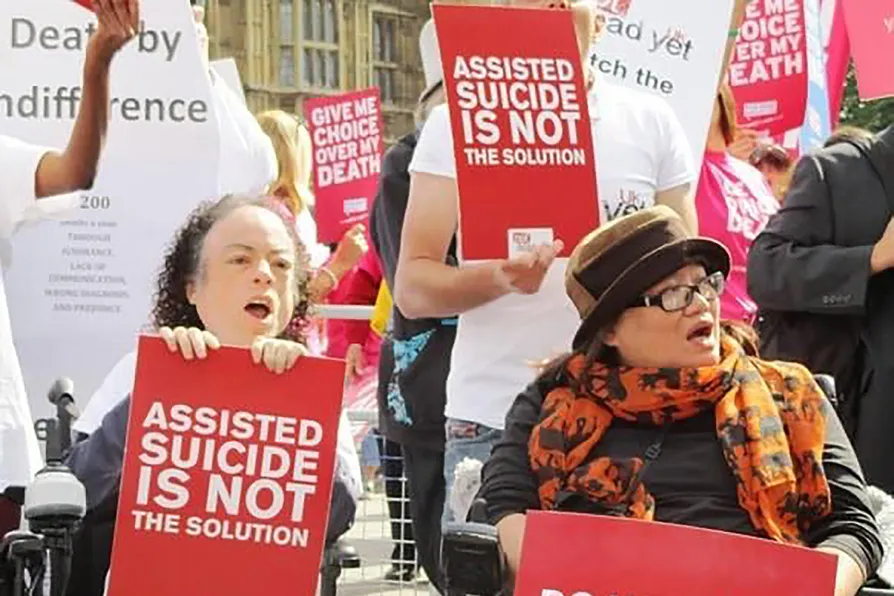This weekend, the NEU holds a special conference to debate changing its approach to organising teaching assistants, which a 2017 TUC agreement forbids. General secretary DANIEL KEBEDE outlines the choices before delegates

 Pic: Paula Peters
Pic: Paula Peters
FOR THE International Day of Disabled people I have been asked to write about the last 10 years of co-founding and being involved with Disabled People Against Cuts and to talk about some of the high and low points.
To be honest no-one set out with the idea of forming a national campaign group for disabled people’s human rights — all we’d originally planned was a march to protest against the Tories’ vicious austerity cuts at their annual conference in Birmingham but there didn’t seem to be any other organisation or group around at that time that was working to stop these attacks so Disabled People Against Cuts (DPAC) filled the void.
For me personally the high points have been to do with all of the amazing and dedicated activists I have met over the past 10 years, plus our numerous peaceful direct actions to draw attention to the issues we’ve faced and make sure we could not be ignored.

Incoming Usdaw general secretary JOANNE THOMAS talks to Ben Chacko about workers’ rights, Labour and how to arrest the decline of the high street













